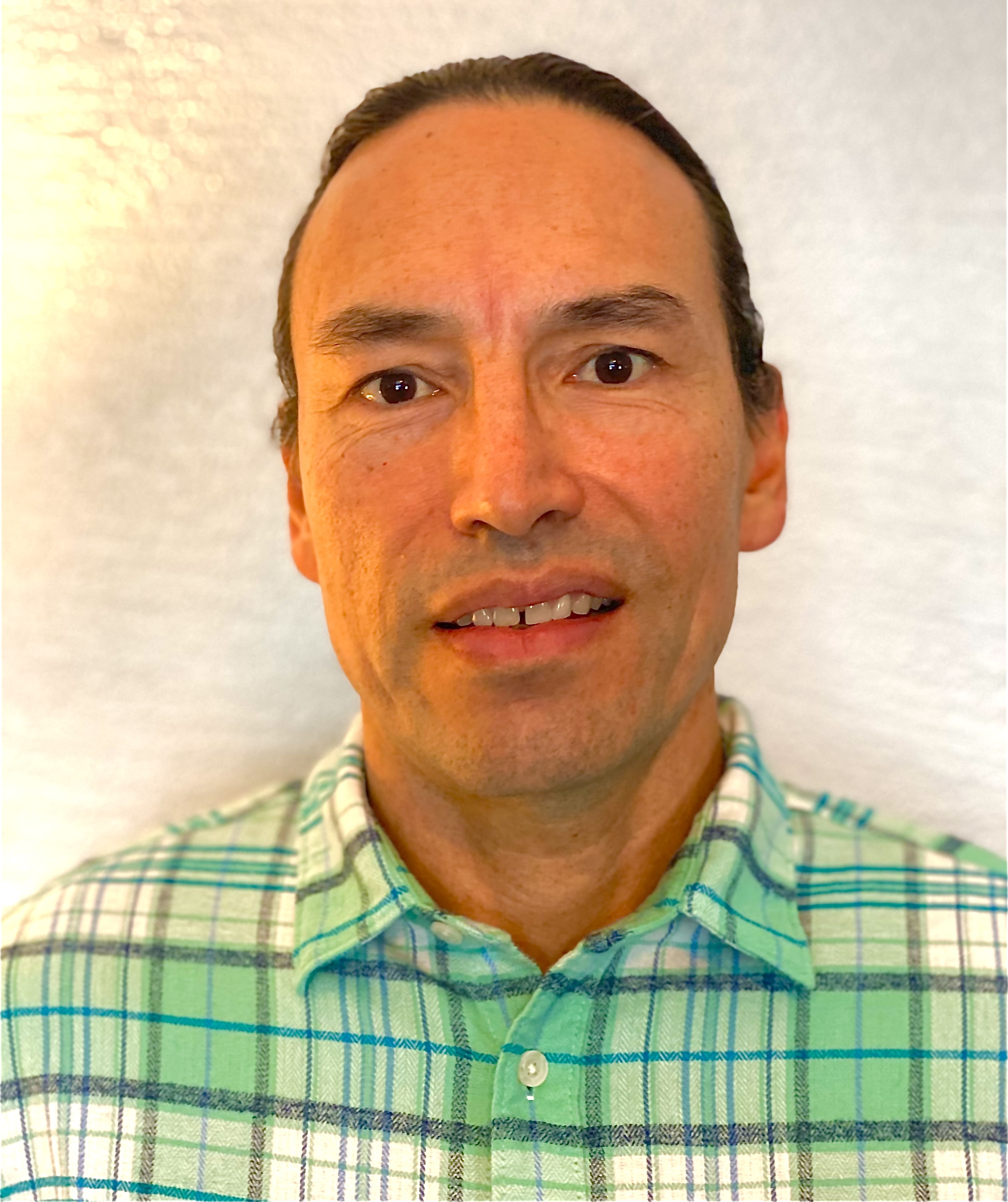By Agnieszka Gautier
The ELOKA team is growing! In the fall of 2022, we added two new positions to our team: an outreach and network manager and postdoctoral researcher.
Outreach and network manager

Natasha “Tash” Haycock-Chavez joins the ELOKA team from the Arctic Data Center as the new outreach and network manager. The position focuses on Tash’s key interests, which include the Arctic environment, Indigenous rights and interests, and research. Growing up in Washington state, Tash went to Alaska every summer during her undergraduate college years to work on a whale watching and glacier tour boat. Seeing firsthand how fast the Columbia Glacier in Prince William Sound was disappearing, Tash wanted to learn more about conservation, climate change, and those Arctic communities most affected by climate change.
After graduation, through the connections of a former professor, the community from Sanikiluaq, Nunavut, Canada, invited Tash to be a master’s student on a community-led protected area project. “My passion lies at the intersection of Indigenous rights and interests and scientific research,” she said.
Attending Memorial University in Newfoundland, her research focused on Indigenous-led conservation using geographic information system (GIS) spatial analysis with a collaborative community-led approach. Part of her research focused on how Indigenous research methodologies and self-determination can be integrated into conservation planning, as well Arctic research in general.
As the new outreach and network manager, Tash is excited to work with ELOKA’s partners, to learn more about the communities and nations in Alaska, and to support community-led research. She brings her enthusiasm for connecting with people to her new position. “Being Indigenous, this passion for Indigenous rights and interests is personal, and I am excited to work in a space that allows me to follow this passion,” she said.
Postdoctoral researcher
 Joshua W. Brown joins ELOKA as a postdoctoral researcher fellow in Indigenous data and storytelling funded by the National Science Foundation (NSF) office of polar programs. He comes from the University of Montana, where his PhD in cultural anthropology focused on Salish people's food sovereignty, food systems, and diet-related health outcomes. As part of ELOKA, Joshua will develop a research project that combines his research interests with support for ELOKA’s network of partners.
Joshua W. Brown joins ELOKA as a postdoctoral researcher fellow in Indigenous data and storytelling funded by the National Science Foundation (NSF) office of polar programs. He comes from the University of Montana, where his PhD in cultural anthropology focused on Salish people's food sovereignty, food systems, and diet-related health outcomes. As part of ELOKA, Joshua will develop a research project that combines his research interests with support for ELOKA’s network of partners.
“Collaborating with Indigenous communities from vastly different parts of the globe will challenge and enlighten me, making me a better-quality researcher and a catalyst of change in my community and others,” Joshua said.
With a background in anthropology and public health, Joshua understands the complexity behind health and wellness challenges in Indigenous communities. As a member of the Salish community, in the early 2000s, Joshua co-founded Nk̓ʷusm, a Salish language immersion school, and established a Native American Language Teacher Institute at Salish Kootenai College (SKC). His work at SKC included teaching the Salish language and language-teaching techniques while testing and refining Salish language curriculum. It also focused on improving the Salish language skills of language teachers-in-training through instruction and language teaching practicum in the local tribal high school, at SKC, and at Salish language summer camps.
“I realized long ago that Indigenous peoples faced many misperceptions and a lack of visibility,” Joshua said. Storytelling is a powerful tool for transferring knowledge. Merging technology with storytelling can help Indigenous communities preserve and perpetuate their knowledge and perspectives.
Joshua is eager to enlist years of practice and new understanding to support storytelling geared toward communities and broader audiences. He strives to address structural challenges. “In collaborating with various Indigenous Peoples, I am committed to exploring systemic challenges with the goal of crafting solutions and potentially transforming outdated narratives, outlooks, norms, and outcomes within and about Indigenous communities,” he said.
A key focus of ELOKA’s current work is on accessibility and use of knowledge and data from Indigenous-led research and monitoring projects. Tash and Joshua will both play a role in supporting Indigenous communities to own and manage their own data. And by weaving stories that data tell, they will also support community goals of culturally-relevant education and climate decision-making.

